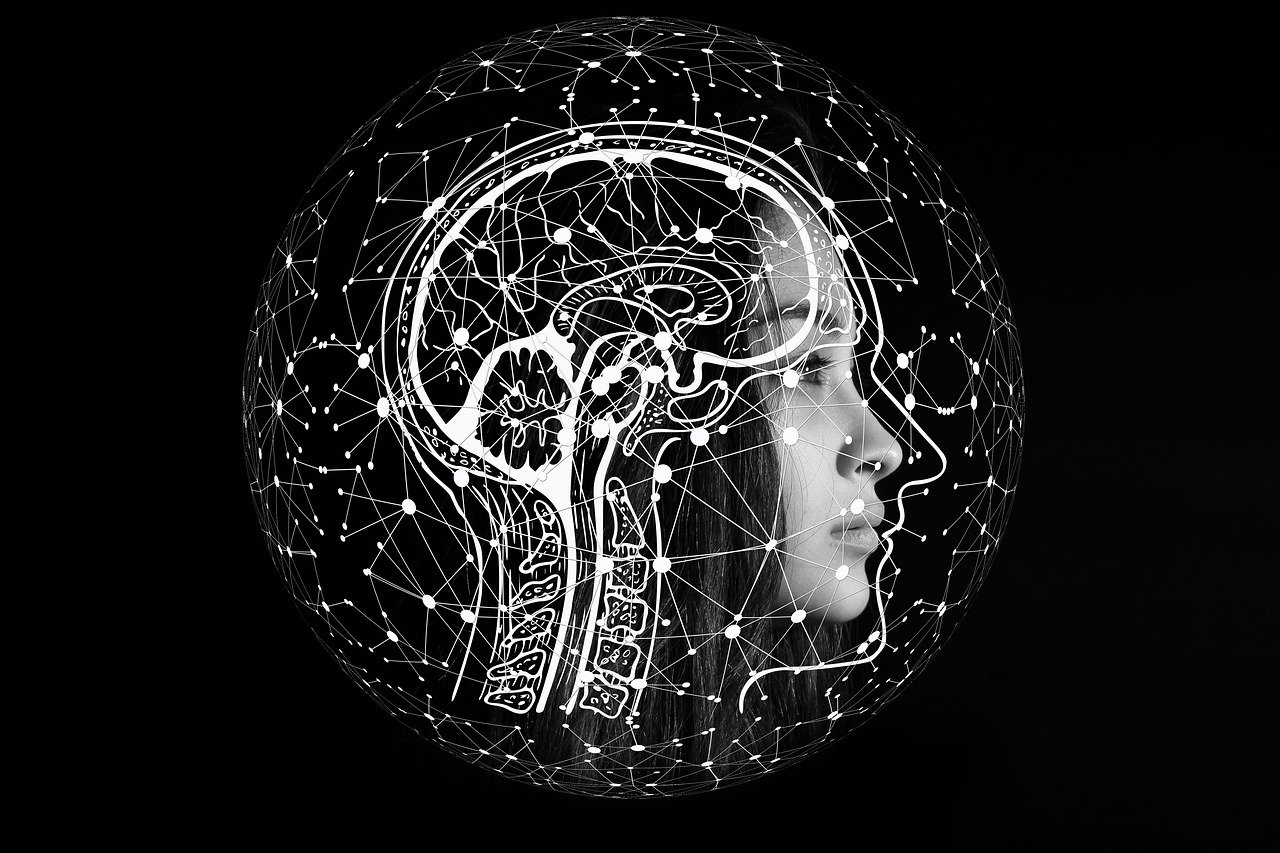Colleges are using AI to prepare hospitality workers of the future
Tips

Rachel J.C. Fu, University of Florida
If you’re planning to go into the hospitality industry, the pathway is increasingly going to involve some sort of familiarity with AI. That’s one of the key messages in “Artificial Intelligence, Machine Learning, and Robot Applications in Hospitality Businesses,” a new book by hospitality professor Rachel J.C. Fu. In the following Q&A, Fu discusses how the hospitality jobs of the future will rely more and more on technology to provide a pleasant guest experience.
Will AI reduce the number of jobs in hospitality?
AI could not only reduce the number of jobs, but it has already begun to change the way existing jobs are done by handling tasks such as guest check-ins, customer inquiries and the like.
For that reason, in the hospitality industry of the future, rather than people who interact with customers, the industry will need more data analysts, AI managers and people who can provide tech support. That’s because AI can perform routine and repetitive tasks, such as booking reservations and answering customer inquiries.
How are hospitality programs using AI to teach in the classroom?
Universities are using virtual reality to simulate real-world scenarios for students to practice and hone their skills in a risk-free setting.
For instance, AI-powered simulations can mimic front desk operations, kitchen management or even crisis situations. This provides students with hands-on experience and enables immediate feedback.
Using AI in hospitality education is essential because it helps create a more personalized learning experience that builds on what students are good at and helps them overcome challenges. For instance, AI can make it easier and quicker for students to get feedback on their work, helping them learn better. It can also suggest new teaching materials and methods to educators, improving how they teach.
Will AI make the industry better?
Research indicates that AI has the potential to significantly enhance the hospitality industry by improving efficiency. It could also personalize customer experiences, anticipate needs and identify trends, and reduce operational costs.
AI-driven chatbots and virtual assistants can offer 24/7 customer service. They can handle reservations and inquiries, and provide personalized recommendations. This enhances the guest experience and frees human staff to focus on more complex tasks, such as handling unexpected issues, complaints or emergencies. AI can assist in identifying problems, but human staff are needed to offer strategies for planning, professional development and risk management.
When the volume of job applicants becomes unmanageable, hospitality companies may consider adopting AI to streamline recruitment, employing algorithms to identify promising candidates based on skills and experience. They may consider ensuring that AI is programmed to avoid biases related to age, gender, ethnicity or background that have been found in hiring tools.
Some hotel companies use AI to manage energy consumption. This is done by employing smart sensors and algorithms to adjust lighting, heating and cooling based on occupancy and weather conditions – all with an eye toward reducing environmental impact.
It also respects guest comfort, since the settings can be manually overridden by guests. This example highlights the ethical application of AI in balancing operational efficiency with guest satisfaction and environmental responsibility.
What’s your book’s boldest prediction?
As technologies continue to evolve, I boldly predict AI-driven solutions will become integral to every aspect of maximizing cash flow. Chatbots that express humanlike emotions will become standard, providing instant, personalized engagement with guests during check-in or when the need arises. This could potentially improve satisfaction levels.
An AI-driven system should prioritize guest consent, allowing guests to opt in or out of data collection and use. It should also clearly explain how data enhances their travel experience. For example, guests at a luxury hotel chain can choose to share their dining preferences for customized restaurant recommendations but also ensure their information is used solely for enhancing their visit, not shared with third parties without explicit consent.
Robots might not be taking over the world of hospitality, but they’re certainly checking us in to our hotels. Will AI be rated as the best concierge we’ve ever had, or will guests still desire a human touch? This will be one of the most crucial questions to explore as AI reshapes the hospitality industry and guest experience in the years to come.![]()
Rachel J.C. Fu, Chair & Professor of Department of Tourism, Hospitality and Event Management | Director of the Eric Friedheim Tourism Institute, University of Florida
This article is republished from The Conversation under a Creative Commons license. Read the original article.





Comments (5)
Best Company Reply
- Ali Tufan
- 2 days ago
Lorem ipsum dolor sit amet, consectetur adipiscing elit. Fusce vel augue eget quam fermentum sodales. Aliquam vel congue sapien, quis mollis quam.Because Other Candidates
- Martha Griffin
- 23 August 2018
Lorem ipsum dolor sit amet, consectetur adipiscing elit. Fusce vel augue eget quam fermentum sodales. Aliquam vel congue sapien, quis.Aldus PageMaker including versions Reply
Lorem ipsum dolor sit amet, consectetur adipiscing elit. Fusce vel augue eget quam fermentum sodales. Aliquam vel congue sapien, quis mollis quam.